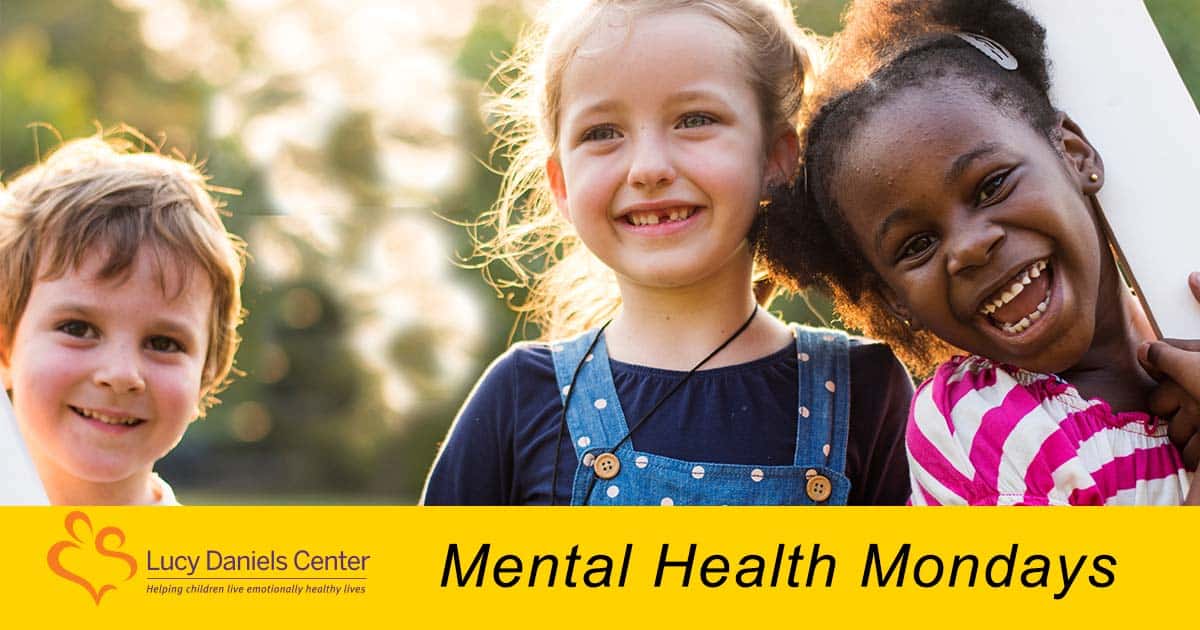Mental Health Mondays
Helping Children with Peer Pressure
Peer pressure can take many forms over the course of childhood and can occur in groups of children of any age, from early childhood through young adulthood. Helping children navigate their way through relationships and social interactions often takes more than simply telling them to accept themselves and others for who they are. This month, we will discuss how open and ongoing communication with children on either side of peer pressure can lead to more effective and meaningful guidance in their relationships with others.
Understanding Behavior
Situations that involve “peer pressure” take two parties: a person or people who are attempting to dominate or control some aspect of the relationship and a person or people who are susceptible to bending to the opinions, demands, or influence of others. While many may tend to feel more sympathy for the pressured party, both sides suffer from internal problems that are interfering in some way with their ability to engage in relationships in a healthy way.
As with all behaviors, the key to determining how to help a child in either position depends upon the emotional reasons for the behavior. Therefore, it is important to first have a sense of what may be driving your child’s wish to either conform or put pressure on others to follow.
The reasons why a child may feel compelled to pressure or follow others are perhaps as numerous and complex as people in general. For some, controlling parts of their external world may provide some (temporary) relief from feeling a lack of control in other aspects of their life. Their dominance may feel empowering. For some followers, there may be inhibitions that interfere with their ability to comfortably access and assert their own ideas and opinions. Their following may feel safe. Regardless of the reasons, a parent’s ability to help their child will depend on how well they know what feelings are behind their child’s actions as well as how open and honest their communication is.
Helping Children Who Pressure Others
Parents who learn that their child has pressured or tried to influence others may feel tempted to lecture about why their child’s actions are wrong. Consequences and lectures, while they certainly have their place in parenting, run the dual risk of shaming a child and closing the doors of communication. We suggest a more collaborative approach. For this approach, a parent must truly believe their child is a good person who cares about other people. Parents who convey this over time are more likely to reach their child in these more serious conversations.
Helping Children Who Give in to Pressure
Children who give in easily to the ideas of others are often inhibited in other ways as well. Perhaps they worry about excessively about hurting other people’s feelings or perhaps they do not feel the confidence to stand up for their own ideas. Generally, the giving in to pressure is one instance of a broader pattern of behavior. It can be helpful to identify with the child, tactfully and gradually, the various instances in which they are inhibited, offering them the opportunity to discuss with you their understanding of the reasons that they hold themselves back. With this discussion, and continued tactful questioning that encourages them to think more deeply about the reasons for their inhibition, growth can ensue.
When to Seek Help
Children need more help with relationships when they seem to be stuck in problematic relationship patterns that don’t seem to change over time, even when offered guidance and encouragement to try to understand the patterns. A careful evaluation with an expert in children’s emotional development can determine the assistance that is needed and begin the process of helping the child to form healthier and more constructive peer relationships.
Lucy Daniels School is an emotionally safe and supportive learning environment for children preschool-5th grade. Lucy Daniels School provides an alternative choice in our therapeutic school for children who struggle emotionally and academically in a mainstream school environment. At the Lucy Daniels School, each child’s education and therapeutic program is carefully tailored to his or her needs and strengths. Parents meet regularly with a parent guidance counselor. This collaborative approach helps children progress socially and academically to become successful and competent learners.

